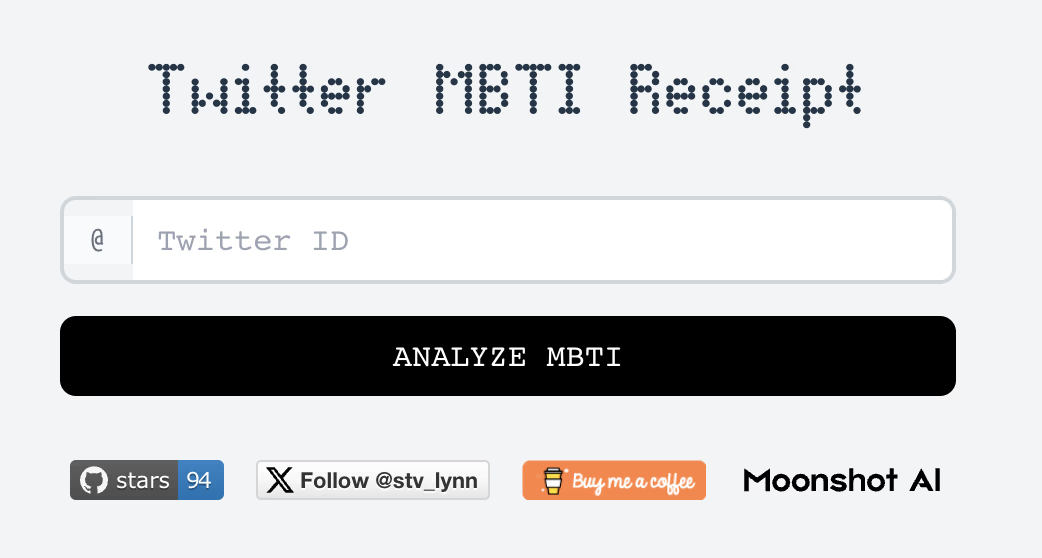ADP Workflows
Understand how to build workflows with ADP.
🤔 Why ADP Uses a Unified Workflow Design
Unlike traditional agent platforms, the Tencent Cloud Agent Development Platform (ADP) relies on a single workflow model—no need to distinguish between chat flows and workflow builders. This unified approach simplifies implementation so you can focus on real business logic.
🎯 Core Advantages
Unified workflow architecture
- Conversation handling and business processing run inside the same workflow
- A built-in global agent node watches the conversation and orchestrates state
- Supports flexible multi-turn dialogs while ensuring precise flow execution
Intelligent conversation management
- Every workflow-related message is routed through the same agent
- The agent jumps to the right node based on user intent and context
- Exit and chit-chat intents are understood globally for natural UX
🔧 Technical Highlights
Flexible dialog orchestration
- Multi-turn conversations with automatic completeness analysis
- Smart clarifying prompts guide users to deliver required details
- Conditional routing between nodes without pre-baked dialog trees
Powerful node system
- Information collection: parameter extraction, selector cards, and more
- Information processing: large-model calls, code blocks, and tool invocations
- Foundational nodes: start, end, branching, and other flow controls
🌟 Use Cases
ADP workflows shine in complex business scenarios:
Invoice issuance
- Collect tax information such as company name and identification numbers
- Normalize inputs with a large language model
- Call external services to validate and generate invoices
Case processing
- Gather key facts from customers or field agents
- Branch logic based on conditions and status tracking
- Save the final resolution into downstream systems
Patient information queries
- Combine identity data with case records for retrieval
- Summarize case files automatically
- Provide intelligent Q&A grounded in medical history

